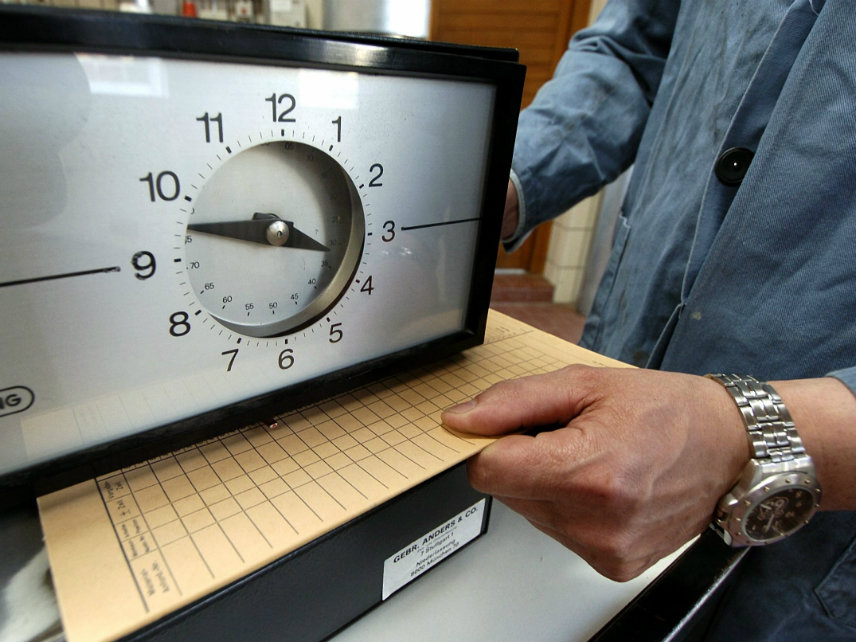Report: Florida Unions Milk Taxpayers for Millions Through 'Release Time'
Miami-Dade County spent more than $9 million over the past three years so county workers could do 300,000 hours of work for the benefit of public sector unions.

Taxpayers in Miami have spent more than $9 million over the past three years to pay union workers to do nearly 300,000 hours of work for the benefit of public sector unions.
Public sector union contracts usually include a provision allowing workers to step away from their typical job to do administrative work for their union while still being paid. The work done during so-called "release time" (known in some jurisdictions as "official time") ranges from mundane HR tasks to contract negotiations and filing complaints.
According to the Miami-Dade County "Leave Manual," employees are authorized to "participate in labor management committee meetings, collective bargaining sessions, the processing of an employee grievance, or other activities as specified by collective bargaining agreement."
In other words, union workers being paid with taxpayer money to do a public job are instead working for the benefit of a private organization. It's all perfectly legal, but a new report from the Competitive Enterprise Institute and the Florida-based James Madison Institute, a pair of libertarian think tanks, raises questions about whether the practice should be curtailed.
Worse than the expense, the report notes, is the lack of accountability for how union workers use their release time. In Miami-Dade County (the report also examined the cities of Tampa and Jacksonville), there is no official record-keeping of release time activities—making it impossible to determine if union members are straying from the list of approved activities. "The county's failure to track what activity public employees undertake while being paid by the taxpayer demonstrates a complete lack of both transparency and accountability over the practice," the authors note.
The practice of release time happens in other states too, but is increasingly coming under scrutiny. Lawmakers in Pennsylvania have proposed a bill to prohibit so-called "ghost teachers"—members of teachers unions who work full time for the union and never set foot in a classroom despite being paid by school districts—from accruing seniority and pension benefits. In Arizona, the state Supreme Court last year upheld the use of release time and ruled that it served a public purpose after several residents of the state and the Goldwater Institute filed a lawsuit challenging the practice as a violation of the state constitution's gift ban.
For some workers in Miami-Dade County, release time is all the time. The new report shows that county taxpayers spent more than $600,000 over the past three years on union workers who did work for the union 100 percent of the time they were on the job.
At that point, calling them "public workers" seems a bit of a misnomer.


Show Comments (28)